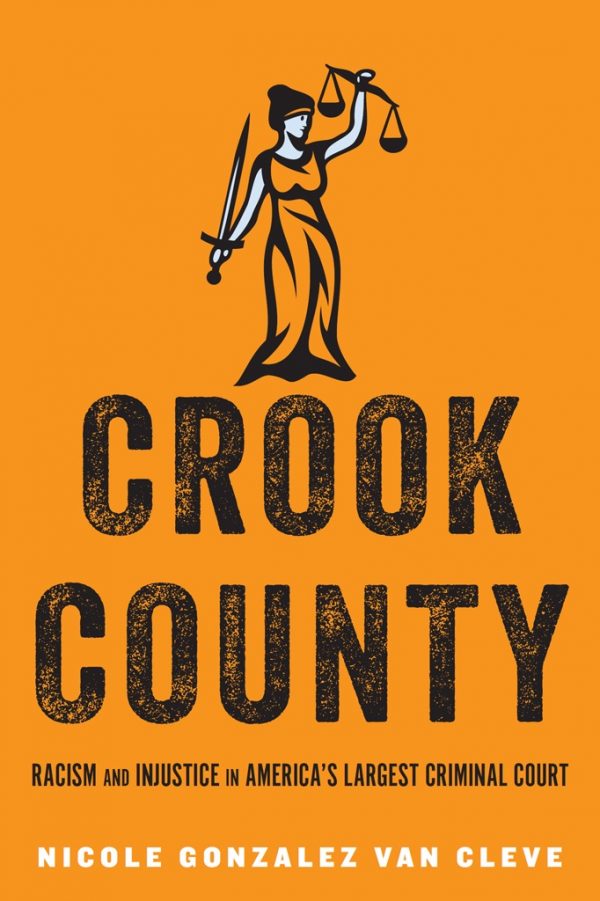Crook County
$20.00 $5.00
This is a digital product.
Lifetime, High Quality, Printable.
Winner of the 2017 Eduardo Bonilla-Silva Outstanding Book Award, sponsored by the Society for the Study of Social Problems. Finalist for the C. Wright Mills Book Award, sponsored by the Society for the Study of Social Problems. Winner of the 2017 Oliver Cromwell Cox Book Award, sponsored by the American Sociological Association’s Section on Racial and Ethnic Minorities. Winner of the 2017 Mary Douglas Prize for Best Book, sponsored by the American Sociological Association’s Sociology of Culture Section. Honorable Mention in the 2017 Book Award from the American Sociological Association’s Section on Race, Class, and Gender. NAACP Image Award Nominee for an Outstanding Literary Work from a debut author. Winner of the 2017 Prose Award for Excellence in Social Sciences and the 2017 Prose Category Award for Law and Legal Studies, sponsored by the Professional and Scholarly Publishing Division, Association of American Publishers. Silver Medal from the Independent Publisher Book Awards (Current Events/Social Issues category). Americans are slowly waking up to the dire effects of racial profiling, police brutality, and mass incarceration, especially in disadvantaged neighborhoods and communities of color. The criminal courts are the crucial gateway between police action on the street and the processing of primarily black and Latino defendants into jails and prisons. And yet the courts, often portrayed as sacred, impartial institutions, have remained shrouded in secrecy, with the majority of Americans kept in the dark about how they function internally. Crook County bursts open the courthouse doors and enters the hallways, courtrooms, judges’ chambers, and attorneys’ offices to reveal a world of punishment determined by race, not offense. Nicole Gonzalez Van Cleve spent ten years working in and investigating the largest criminal courthouse in the country, ChicagoCook County, and based on over 1,000 hours of observation, she takes readers inside our so-called halls of justice to witness the types of everyday racial abuses that fester within the courts, often in plain sight. We watch white courtroom professionals classify and deliberate on the fates of mostly black and Latino defendants while racial abuse and due process violations are encouraged and even seen as justified. Judges fall asleep on the bench. Prosecutors hang out like frat boys in the judges’ chambers while the fates of defendants hang in the balance. Public defenders make choices about which defendants they will try to
Additional ISBNs: 9780804790437, 0804790434, 9780804799201, 0804799202
Q & A
Ask a question
Your question will be answered by a store representative or other customers.
This site is protected by reCAPTCHA and the Google Privacy Policy and Terms of Service apply.
Thank you for the question!
Your question has been received and will be answered soon. Please do not submit the same question again.
Error
An error occurred when saving your question. Please report it to the website administrator. Additional information:
Add an answer
This site is protected by reCAPTCHA and the Google Privacy Policy and Terms of Service apply.
Thank you for the answer!
Your answer has been received and will be published soon. Please do not submit the same answer again.
Error
An error occurred when saving your answer. Please report it to the website administrator. Additional information:
File formart download: PDF or EPUB. (You will receive a download link for the file in one of two formats: PDF or EPUB.)
Enter your Email correctly. Download link is sent to your Email.
Related products
Law
Intellectual Property
Petty’s Branding Law: A Guide to the Legal Issues in Brand Management
Law
International
Jurisprudence
Government















Reviews
There are no reviews yet